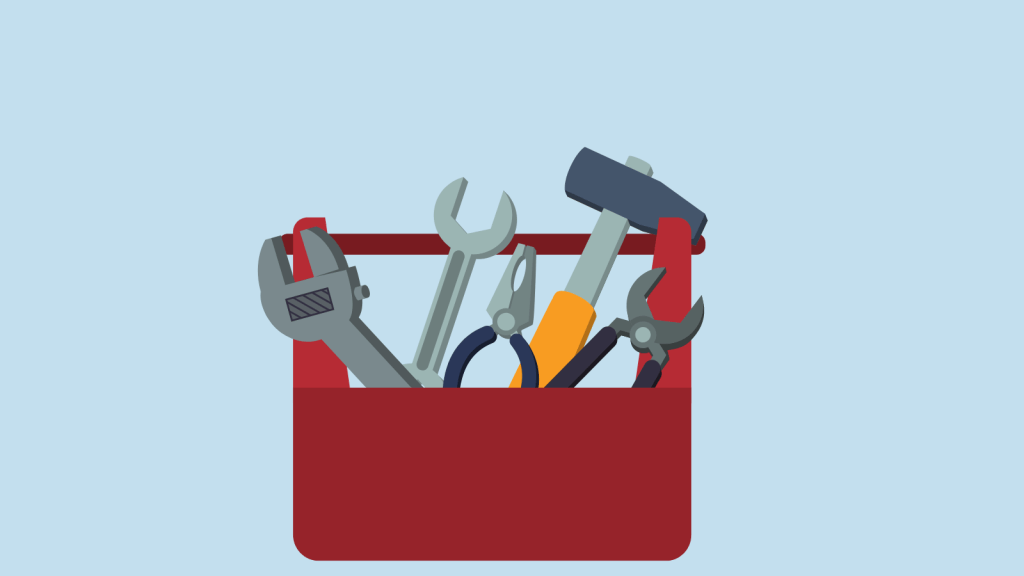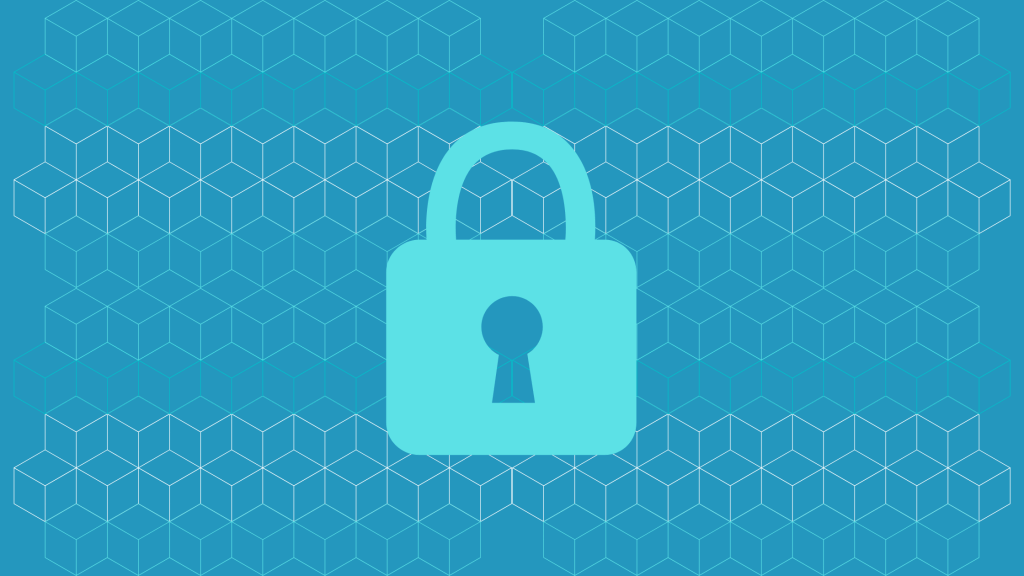
In today’s digital age, having a business website is essential for reaching a wider audience and establishing a strong online presence. However, creating a website is just the beginning; maintaining and securing your site is crucial for ensuring its ongoing success and safeguarding your valuable data. This comprehensive guide will walk you through the key aspects of website maintenance and security for Kenyan businesses.

1. Regular Updates: Staying Current and Secure
Updating your website’s software, plugins, and themes is vital for maintaining optimal performance and security. Regular updates fix bugs, patch security vulnerabilities, and introduce new features that can enhance your site’s functionality.
Action Steps:
- Keep your content management system (CMS) up to date.
- Update plugins and themes regularly.
- Set up automatic updates when possible.
2. Backups: Preparing for the Unexpected
Having a backup of your website is essential for safeguarding your data and ensuring business continuity in the event of an unforeseen issue, such as a server crash or a security breach.
Action Steps:
- Schedule regular backups of your website, including the database and files.
- Store backups in a secure, off-site location.
- Test your backups periodically to ensure they can be successfully restored.


3. Security Measures: Protecting Your Site and Data
Implementing robust security measures can help protect your website from cyber threats and maintain the trust of your customers.
Action Steps:
- Install an SSL certificate to encrypt data transmitted between your site and users.
- Use strong, unique passwords for your CMS and hosting accounts.
- Implement a firewall to block malicious traffic and attacks.
- Enable two-factor authentication (2FA) for added security.

4. Monitoring and Analytics: Keeping an Eye on Your Site’s Performance
Regularly monitoring your website’s performance and user behavior can help you identify potential issues, optimize your site for better user experience, and make data-driven decisions to grow your business.
Action Steps:
- Set up Google Analytics to track user behavior and engagement.
- Monitor your site’s loading speed and optimize it for faster performance.
- Use tools like Google Search Console to monitor your site’s search engine performance.
5. Regular Content Updates: Keeping Your Site Fresh and Engaging
Updating your website’s content not only keeps it fresh and engaging but also helps improve your search engine rankings and attract new visitors.
Action Steps:
- Create a content calendar to plan and schedule regular updates.
- Add new blog posts, articles, or case studies to showcase your expertise and provide value to your audience.
- Update outdated information, such as product descriptions, prices, or contact details.


6. Spam and Comment Moderation: Maintaining a Clean and Trustworthy Environment
Spam and inappropriate comments can harm your website’s reputation and user experience. Regularly moderating comments and addressing spam is essential for maintaining a clean and trustworthy environment.
Action Steps:
- Use anti-spam plugins or tools to filter out spam comments.
- Regularly review and moderate comments to ensure they’re relevant and appropriate.
- Implement a clear comment policy and enforce it consistently.
Maintaining and securing your website is an ongoing process that requires regular attention and effort. By following this comprehensive guide, you’ll be well-equipped to safeguard your Kenyan business’s online presence and ensure the ongoing success of your digital endeavors.
Need help with website maintenance and security? Contact Axe Digital – our team of experts is here to help you keep your site running smoothly and securely.




